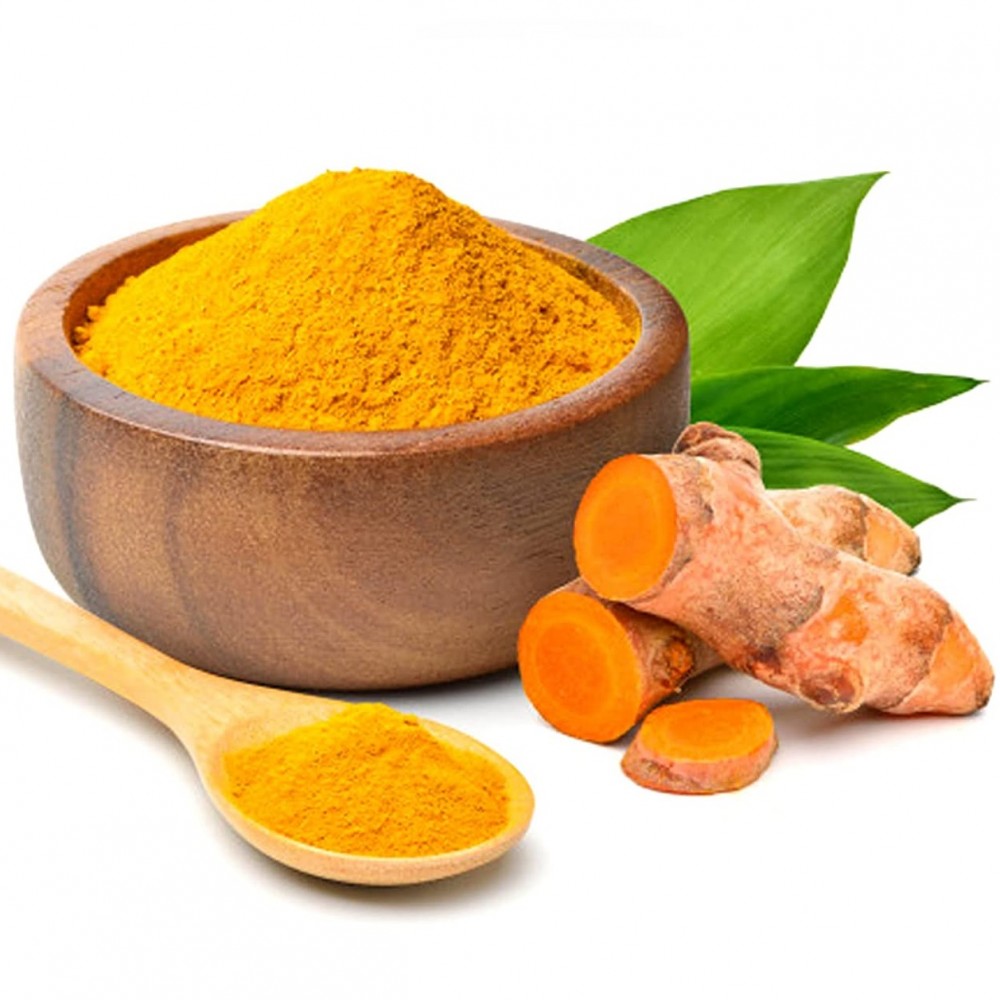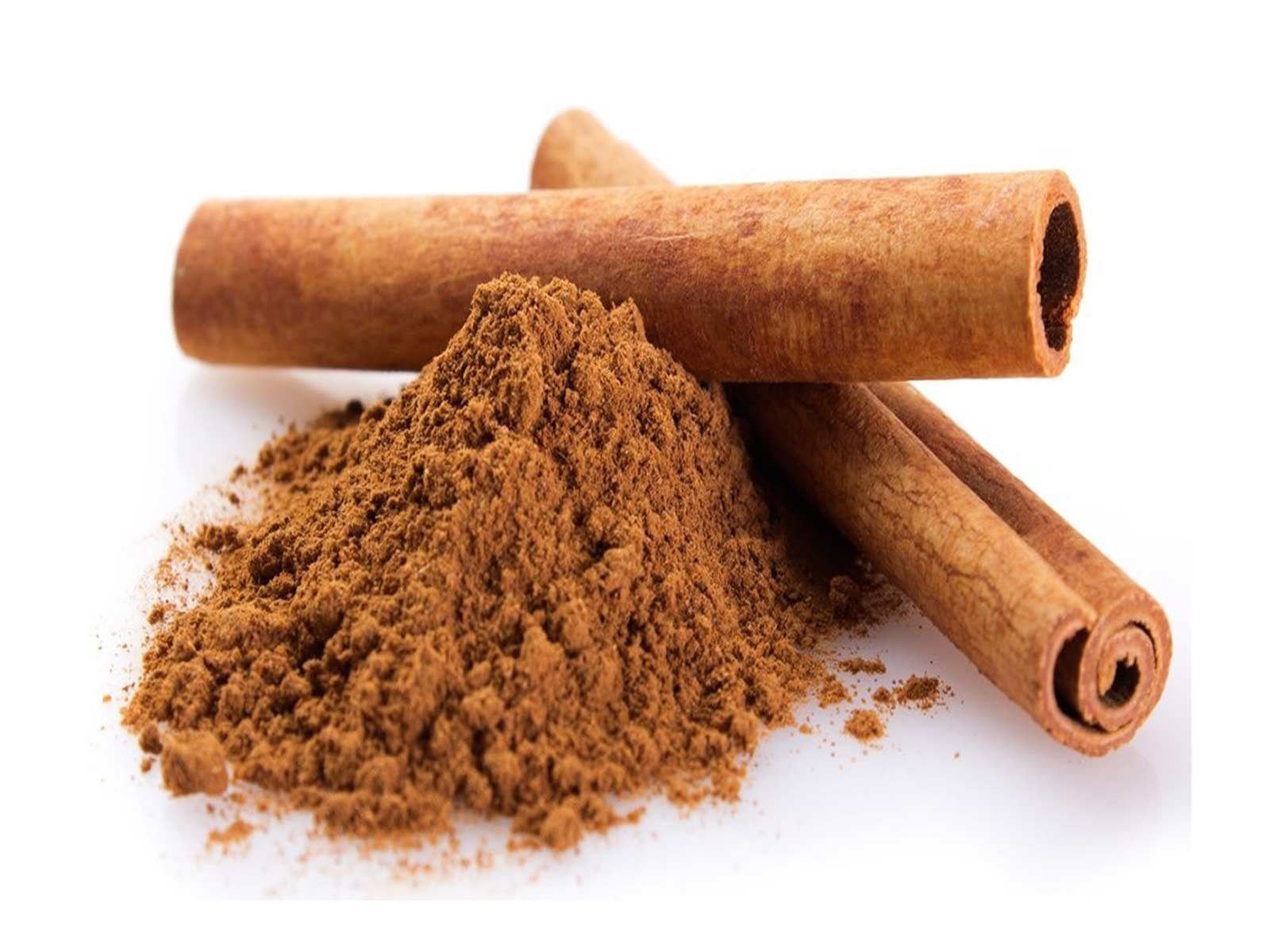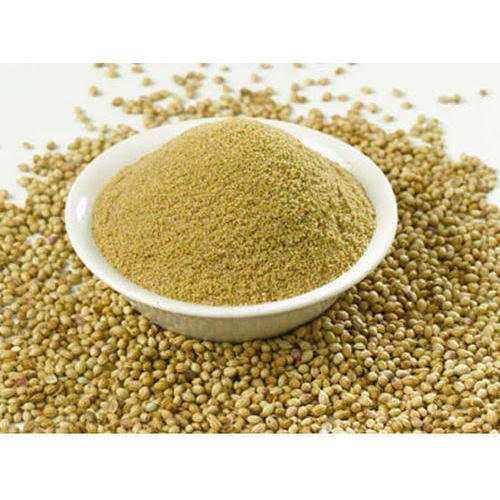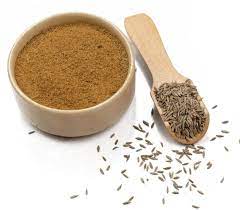India, a land of diverse cultures and rich traditions, has bestowed upon the world an invaluable treasure - its exotic and aromatic spices.
These spices not only add flavor to our culinary delights but also come with a myriad of health benefits. In this article, we delve into the fascinating world of Spices from India, exploring their origins, cultural significance, and the incredible advantages they bring to our lives.
Section 1: A Brief Journey Through the Spice Routes of India
India has been a hub of spice trade for centuries, with its spices being sought after by traders from across the globe. The Indian subcontinent boasts a unique geography and climate that favors the growth of a wide variety of spices. Some of the prominent spices that have found their way from the Indian spice routes to kitchens worldwide include cardamom, cinnamon, turmeric, cumin, coriander, and many more.
Section 2: Cultural Significance of Indian Spices
Spices play a crucial role in Indian culture, both historically and in contemporary times. They are not merely flavor enhancers but are deeply ingrained in the country's traditions, rituals, and even medicine. Spices are often associated with religious ceremonies, and traditional Ayurvedic practices, and are an integral part of Indian culinary heritage. Understanding the cultural significance of these spices adds a new dimension to their usage.
Section 3: The Health Benefits of Indian Spices
Turmeric - The Golden Wonder:

- Keywords: Turmeric, Curcumin, Anti-inflammatory, Antioxidant
Turmeric, with its active compound curcumin, is renowned for its potent anti-inflammatory and antioxidant properties. It has been used in traditional Ayurvedic medicine for centuries to treat various ailments. Modern research supports its effectiveness in managing conditions like arthritis, heart disease, and even certain types of cancer.
Cardamom - The Queen of Spices:

- Keywords: Cardamom, Digestive Health, Antimicrobial
Cardamom is more than just a fragrant spice; it is a powerhouse of health benefits. Known for aiding digestion and freshening breath, cardamom also possesses antimicrobial properties. This makes it a valuable addition to your spice rack for promoting overall digestive wellness.
Cinnamon - A Sweet Spice with Health Perks:

- Keywords: Cinnamon, Blood Sugar Regulation, Anti-inflammatory
Cinnamon, with its sweet and warm flavor, has been linked to improved blood sugar control. It contains compounds that mimic insulin, aiding in the regulation of blood sugar levels. Additionally, cinnamon exhibits anti-inflammatory properties, making it a versatile spice with potential health benefits.
Cumin - The Earthy Healer:
- Keywords: Cumin, Digestive Aid, Immune Booster
Cumin, with its earthy taste, is known for its digestive benefits. It stimulates the secretion of digestive enzymes, aiding in the digestion process. Moreover, cumin is a rich source of iron and may contribute to immune system enhancement.
Coriander - More Than Just a Herb:

- Keywords: Coriander, Anti-inflammatory, Cholesterol Management
Coriander, often used in both seed and leaf form, is packed with anti-inflammatory properties. It may help manage conditions like arthritis and inflammatory disorders. Additionally, coriander has been linked to cholesterol reduction, promoting heart health.
Section 4: Incorporating Indian Spices into Your Diet
Now that we understand the incredible benefits of Indian spices, the question arises: How can we incorporate them into our daily lives? Fortunately, the versatility of these spices allows for easy integration into various recipes. From curries to soups and even desserts, there are numerous delicious ways to enjoy the flavors and reap the health benefits of Indian spices.
Section 5: Challenges and Sustainability in the Spice Industry
While the demand for Indian spices is ever-growing, challenges exist within the spice industry. Issues such as overharvesting, environmental impact, and fair trade practices need attention to ensure the sustainability of spice production. It is crucial to appreciate and support initiatives that promote responsible sourcing and ethical practices within the spice trade.
Conclusion:
In conclusion, the Spices from India are not just culinary delights but also potent healers and bearers of cultural richness. From the bustling spice markets of Mumbai to kitchens worldwide, these aromatic treasures have transcended borders, enriching lives with their incredible flavors and health benefits. As we savor the essence of India in our dishes, let us also appreciate the sustainable practices that ensure the continued prosperity of this spice-rich land.

































